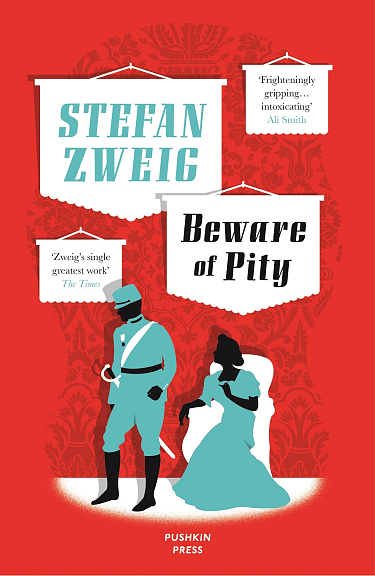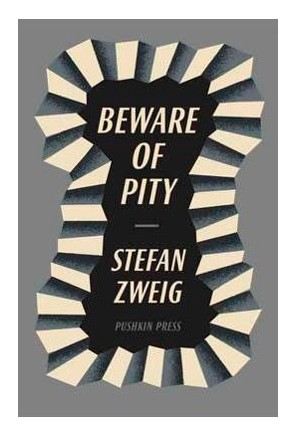-
Книги
- Нонфикшн
- Гуманитарные науки
- Деловая литература
- Естественные / Точные науки
- Книгоиздание
- Лайфстайл
- Словари / Энциклопедии
- Художественная литература
- Детектив
- Драматургия
- Классическая проза
- Мифология. Эпос
- Поэзия
- Собрания сочинений
- Современная художественная проза
- Фантастика. Фэнтези
- Биографии / Мемуары
- Графические романы / Комиксы
- Детские книги
- Воспитание. Педагогика
- Детский досуг
- О детских книгах
- Познавательная литература
- Художественная литература для детей
- Журналы / Зины
- Архитектурные
- Гуманитарные
- Журналы о моде
- Зарубежная периодика
- Искусство / Фотография
- Кино / Театр
- Лайфстайл
- Книги «Подписных изданий»
- Книги на иностранных языках
- Английский язык
- Испанский язык
- Итальянский язык
- Книги на иностранных языках для детей
- Немецкий язык
- Финский язык
- Французский язык
- Шведский язык
- Книги о кино
- Книги о музыке
- Книги о средневековье
- Книги о театре
- Книги о фотографии
- Книги об искусстве / Книги об архитектуре
- Альбомы по искусству
- Архитектура
- Декоративно-прикладное искусство
- Живопись
- Искусствоведение
- Орнаменты
- Прочее
- Танец
- Татуировка
- Творческое развитие
- Книги по философии
- Кулинарные книги
- Николай Солодников рекомендует
- Предзаказ
- Про дизайн / Про моду
- Путеводители / Книги о путешествиях
- Канцелярские товары
-
Подарки
- Брошки и значки
- Гирлянды
- Закладки
- Игры
- Календари
- Наклейки
- Наши сувениры
- Открытки
- Всякие-разные
- Наборы открыток
- Поздравления
- Про любовь и другие хорошие чувства
- С писателями и поэтами
- С цветами, овощами и фруктами
- С цитатами и другими фразами
- Подарочные сертификаты
- Постеры
- Прочее
- Сумки и шоперы
- Упаковка
- Подарочные сертификаты
Адрес магазина: Санкт-Петербург, Литейный пр., 57
Beware of Pity
| Автор | Zweig S. |
|---|---|
| Издательство | Pushkin Press |
| Переплет | Мягкий |
| Страниц | 464 |
| Формат | 130x200 мм |
| Язык | Английский |
| ISBN | 978-1-908968-37-1 |
| Артикул | 1076384 |
Zweig was one of the world’s best known and respected authors in the 1920s and 1930s. The burning of his books by the Nazis, and the subsequent changes in taste after the war have relegated most of his books to an undeserved obscurity. As a personal friend of Freud (Zweig gave the eulogy at Freud’s funeral), he understood brilliantly how to portray the psychological state of his characters. This novel is particularly rich in that regard, as the main character finds himself facing a series of moral and spiritual choices he is ill-prepared to make. In an attempt to apologize for a social mistake (unintentionally insulting his host’s daughter at a party), he finds himself ever more absorbed into the life and concerns of this family. Every time he’s faced with a difficult choice, he gives way to his emotions, and invariably makes matters worse. Zweig’s original title, «Impatience of the Heart,» aptly describes Toni Hofmiller’s problem: he ignores logic and discretion to follow his feelings. We all live in a society that tends to view human emotions as the most important factor in human interaction. Zweig’s genius lies to demonstrating for us what a questionable assumption that is. One of the finest novels I’ve ever read (and that’s saying something).
Подписка на рассылку
Мы будем присылать вам обзоры книг, промокоды и всякие-разные новости




